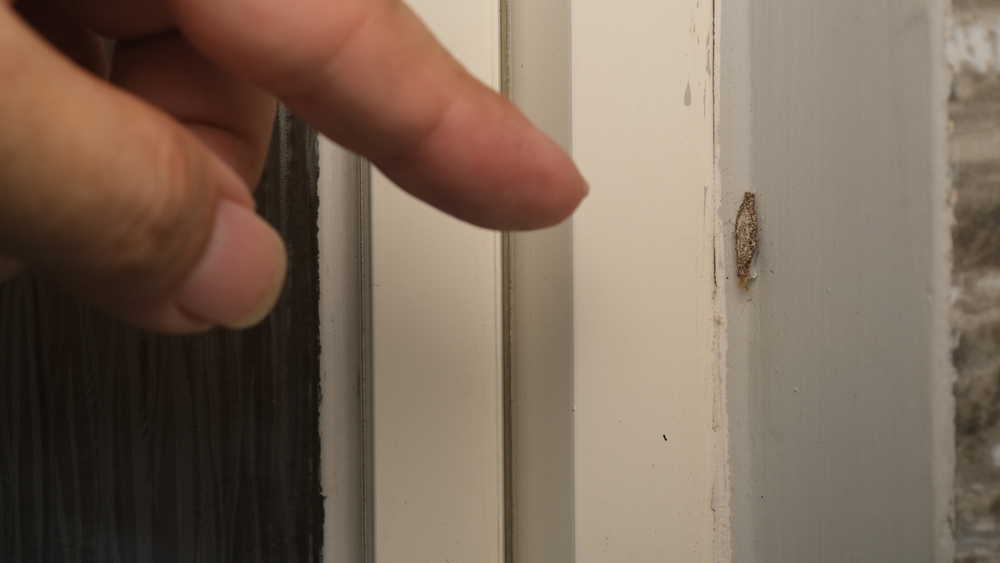Some bugs help keep your home pest-free, but others—like Phereoeca uterella, known as kamitetep in Javanese—can damage belongings and be hard to detect. Commonly called plaster bagworms or household casebearers, these tropical moths thrive in warm, humid environments and are often spotted in closets, garages, and basements.
Kamitetep are most noticeable in their larval stage, when they carry around flat, gray cocoon-like cases made from fibers, dust, and debris.

These portable cases act as protection and become their pupal shell. The moths go through four life stages: egg, larva, pupa, and adult. Adults grow to about half an inch long and have grayish-brown scales.
Their diet includes dust, lint, hair, silk, wool, feathers, dead insects, and even paper. They avoid cotton but can damage clothes, rugs, and important documents. These pests hide in dark, humid areas, especially near fabrics, cardboard boxes, baseboards, and light fixtures. To eliminate them, vacuum thoroughly, especially in corners and storage areas.
Remove visible cases, seal cracks with caulk or weather stripping, reduce moisture with a dehumidifier, and declutter your home. Regular cleaning, airtight food storage, and fast disposal of scraps can prevent infestations. If DIY methods don’t work, use insecticidal sprays or call pest control. While kamitetep don’t bite or spread disease, they multiply quickly and feed on spiderwebs, so inform exterminators if you notice spiders too.
